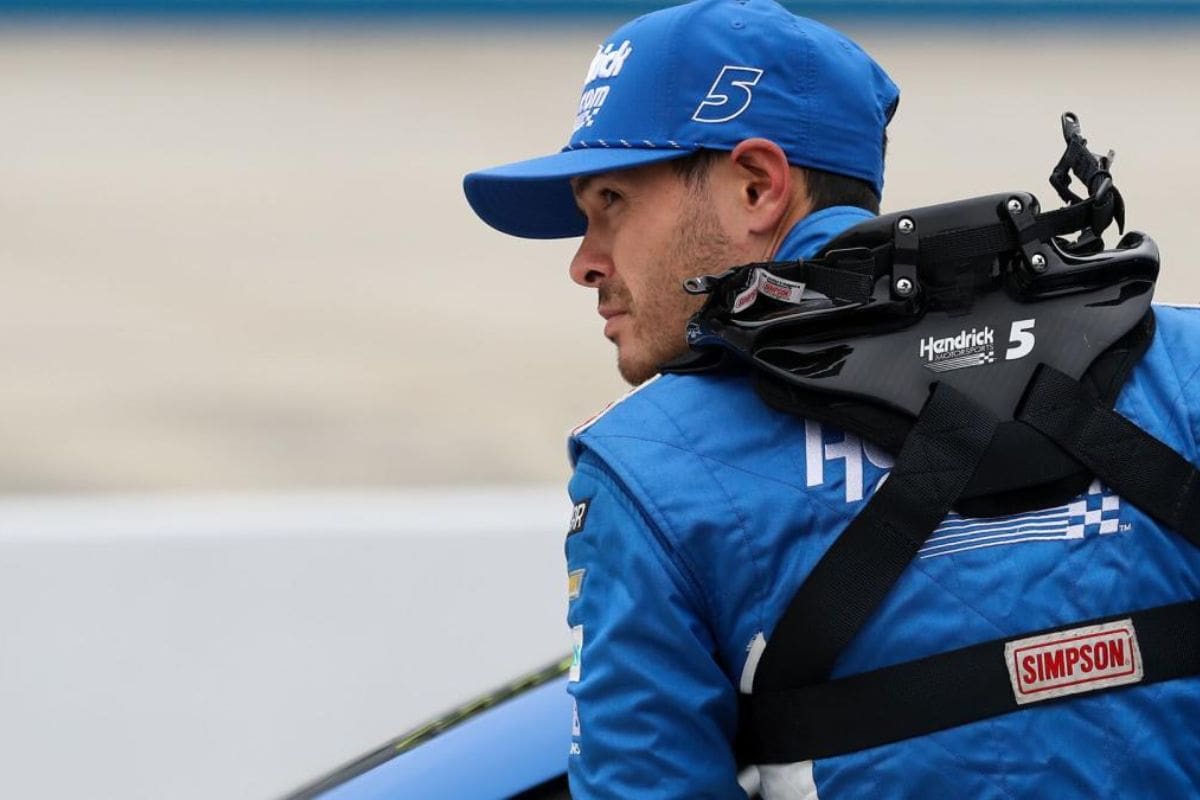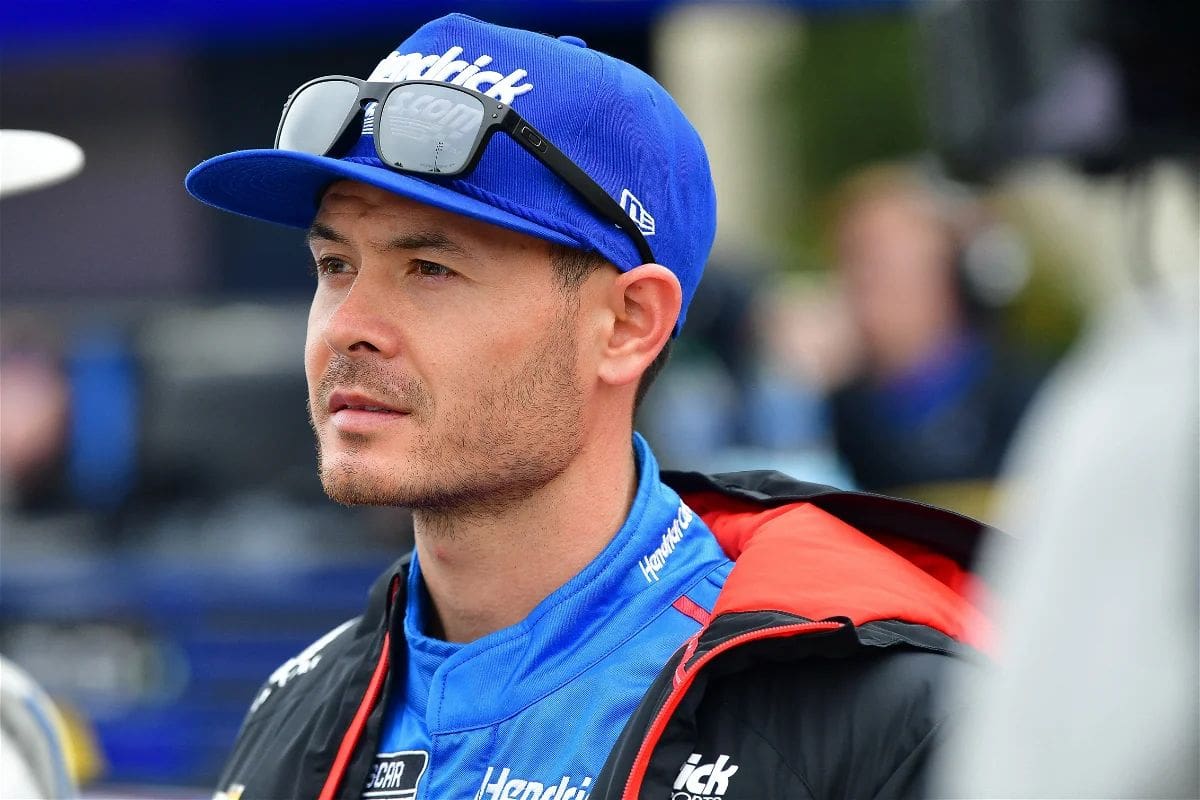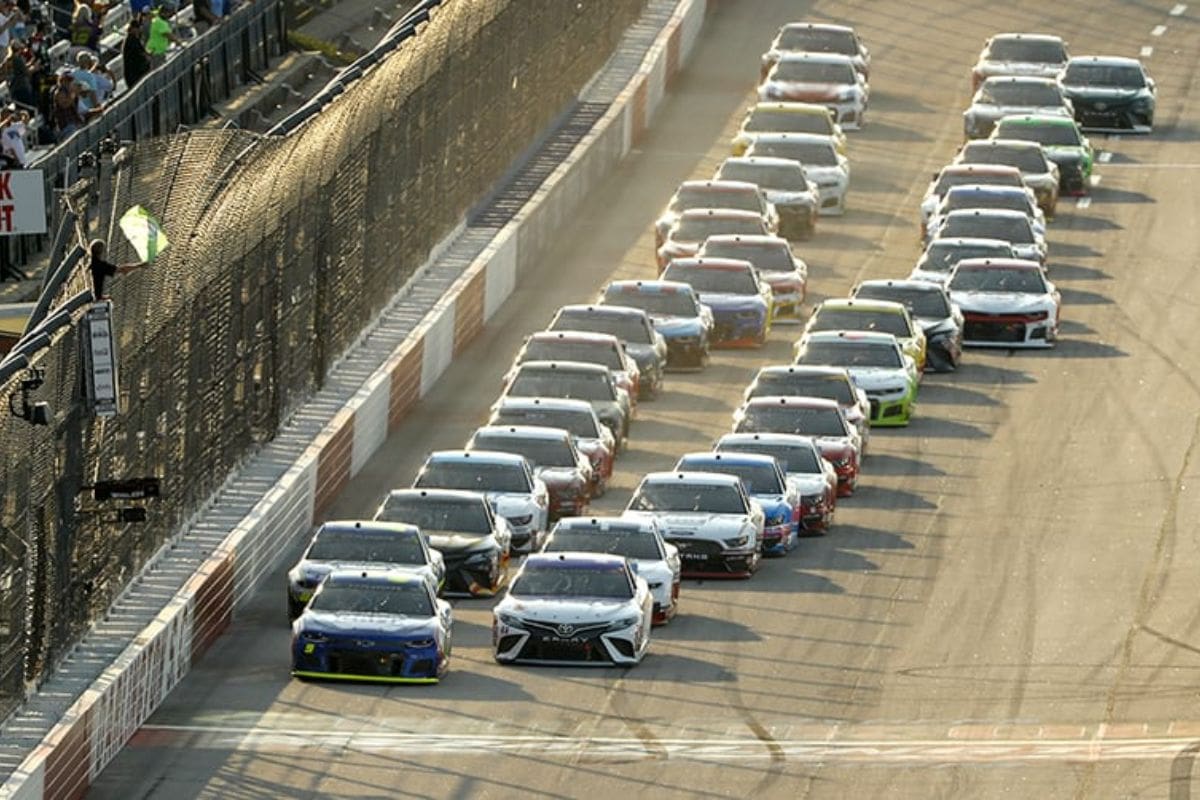NASCAR at a Crossroads: In NASCAR, where the roar of engines and the thrill of competition have long captivated audiences, a sense of uncertainty now looms large. From the handling of driver controversies to the sobering reality of dwindling television ratings for flagship events, NASCAR finds itself at a crossroads, forced to confront pressing questions about its identity, relevance, and future direction. The recent Coca-Cola 600 at Charlotte Motor Speedway, a cornerstone event in the NASCAR calendar, serves as a microcosm of the sport’s broader challenges. Despite its prestigious history and enduring appeal, the race’s rain-shortened affair yielded disappointing viewership figures on Fox TV, highlighting the downward trajectory in NASCAR’s popularity. Against the backdrop of declining attendance and engagement, NASCAR faces mounting pressure to reassess its strategies and rejuvenate its brand in a rapidly changing landscape.
Criticisms from voices within the racing community, including boxing announcer Rick Glaser, highlight concerns about NASCAR’s handling of talent development and its ability to navigate sensitive social issues while preserving its core values.
NASCAR Might Go Bankrupt
Jenna, NASCAR is out of touch, if anyother business made all the wrong decisions like NASCAR does, they'd be bankrupt! NASCAR has been devoid of Superstars, & they could have one in Kyle Larson, but NASCAR is clueless to help building SuperStars. Chase Elliott is very popular,…
— Rick Glaser (@RealRickGlaser1) May 29, 2024
NASCAR, once the roaring engine of American motorsport, finds itself at a crossroads amidst a landscape of declining viewership and mounting criticism. Rick Glaser’s rebuke on Twitter, likening NASCAR’s decisions to those of a business on the edge of bankruptcy, covers the frustration echoing through the racing community. Indeed, the sport’s struggle to adapt to changing times and retain its fan base is visible.
At the heart of NASCAR’s woes lies a perceived disconnect between the sport and its audience. The allure of superstar drivers once captivated millions, but in recent years, the absence of larger-than-life personalities has left a void. Fans reminisce about the days of Dale Earnhardt Sr., Jeff Gordon, and Richard Petty, whose rivalries and charisma electrified tracks and television screens alike. Today’s drivers, while undoubtedly skilled, often lack the magnetism to draw in casual viewers and cultivate devoted followings.
Moreover, NASCAR’s decision-making in recent years has drawn ire from both fans and insiders. From controversial rule changes to baffling marketing strategies, the sport has stumbled in its attempts to evolve with the times. While innovation is essential for any sport’s survival, missteps can alienate the very audience it seeks to engage. Glaser’s comparison to a business facing bankruptcy shows the urgency for NASCAR to reassess its direction and reconnect with its roots.
The decline in viewership is not solely attributable to NASCAR’s internal struggles; external factors also play a significant role. The rise of alternative forms of entertainment, from streaming services to e-sports, has fragmented audiences and diverted attention away from traditional sports. Additionally, changing demographics and shifting cultural preferences pose challenges for NASCAR’s predominantly rural fan base. Adapting to these shifts while preserving the essence of the sport presents a formidable task.
Amidst the criticism and challenges, there remains hope for NASCAR’s revival. The sport’s rich history, fueled by moments of wins and losses, serves as a testament to its resilience. By listening to the concerns of fans, building new talent, and embracing innovation without forsaking tradition, NASCAR can chart a course toward a brighter future.

NASCAR Has No Superstar
The handling of Kyle Larson’s return to NASCAR after his suspension has indeed become a focal point of contention within the racing community. Larson’s undeniable talent behind the wheel has been overshadowed by his past actions, leading to questions about NASCAR’s approach to rehabilitation and redemption. While the sport has taken steps to address diversity and inclusion in recent years, critics argue that its response to Larson’s situation has been insufficient in fostering meaningful change.
Rick Glaser’s critique shows the perception that NASCAR has failed to fully support Larson’s journey back into the sport. Despite his potential to be a superstar driver, Larson’s path to redemption has been filled with challenges, including a lack of opportunities to showcase his talent on a larger stage. The contrast between Larson’s treatment and the adore afforded to drivers like Chase Elliott highlights the disparity in NASCAR’s approach to nurturing talent and cultivating star power.
The controversy surrounding Larson’s potential return to the playoffs amplifies the stakes for NASCAR. Granting him a waiver to compete would not only test the sport’s commitment to second chances but also its willingness to prioritize talent and competition over public relations considerations. For NASCAR, the decision carries implications beyond the track, touching upon issues of social responsibility, corporate image, and fan sentiment.
Navigating the delicate balance between accountability and forgiveness is no easy task for NASCAR. The sport must reckon with its past while charting a path forward that aligns with its values and aspirations. Larson’s case serves as a litmus test for NASCAR’s commitment to diversity, equity, and inclusion, as well as its ability to confront uncomfortable truths and effect meaningful change.
The decision regarding Larson’s playoff eligibility will shape the narrative of NASCAR’s evolution in the eyes of fans, sponsors, and stakeholders. While some may view it as a test of the sport’s integrity, others may see it as an opportunity for redemption and reconciliation. Whatever the outcome, NASCAR’s handling of the situation will reverberate far beyond the confines of the racetrack, shaping perceptions of the sport and its place in the broader cultural landscape.
Nascar’s Declining Ratings
Rick Glaser’s assertion regarding NBC/Peacock executives’ potential reaction to NASCAR’s decision regarding Kyle Larson’s playoff eligibility highlights the significant financial and reputational stakes at play. In the wake of Larson’s suspension and subsequent return to the sport, NASCAR finds itself under intense inspection from its television partners, whose support and investment are crucial for the sport’s viability.
The success of other motorsport events, such as the Indy 500, which experienced an 8% increase in ratings on NBC, highlights the growing competition for viewership and advertising dollars within the industry. Against this backdrop, NASCAR’s handling of the Larson situation takes on added significance, as it directly impacts the sport’s ability to attract and retain audiences in an increasingly crowded marketplace.
The threat of NBC/Peacock executives reacting strongly if Larson is not granted the waiver underscores the potential consequences of alienating key stakeholders. Television partnerships represent a cornerstone of NASCAR’s revenue model, providing substantial income through broadcasting rights and advertising deals. Any discord between NASCAR and its television partners could jeopardize the financial health of the sport and further erode its already declining popularity.
Moreover, NASCAR’s perceived missteps in managing the Larson controversy have contributed to a broader decline in its popularity. The sport’s failure to effectively address issues of diversity, inclusion, and accountability has alienated segments of its fan base and tarnished its reputation in the eyes of the public. In an era where social consciousness and corporate responsibility are increasingly valued, NASCAR’s actions—or lack thereof—have consequences that extend beyond the racetrack.
NASCAR’s decision regarding Kyle Larson’s playoff eligibility represents a critical juncture for the sport. The outcome will not only shape perceptions of NASCAR’s commitment to fairness and integrity but also impact its relationships with key stakeholders, including television partners, sponsors, drivers, and fans. As the sport struggles with the challenges of modernization and cultural relevance, its ability to navigate complex issues like the Larson controversy will determine its trajectory in the years to come.

Adam Stern gives Reality Check
.@FoxTV got 3.103 million viewers for Sunday's rain-shortened NASCAR Cup Series @CocaCola 600 @CLTMotorSpdwy.
🔲 Last year's race ran on a Monday and got 3.399 million, while the 2022 event ran on time and got 3.869 million. pic.twitter.com/605mda1fGW
— Adam Stern (@A_S12) May 29, 2024
The recent viewership numbers from the Coca-Cola 600 at Charlotte Motor Speedway, shared by Adam Stern serve as a reminder of NASCAR’s ongoing struggle to retain its audience and relevance in the ever-evolving landscape of sports entertainment. Despite the race’s storied history and prestigious status within the NASCAR calendar, the decline in viewership is indicative of broader challenges facing the sport.
Sunday’s rain-shortened event, which drew just 3.103 million viewers on Fox TV, represents a significant drop compared to previous years. Last year’s race, held on a Monday due to weather delays, attracted 3.399 million viewers, while the 2022 event, which ran on time, garnered 3.869 million viewers. These declining numbers highlight the erosion of NASCAR’s traditional fan base and the waning interest in its flagship events.
The downward trend in viewership for the Coca-Cola 600 reflects broader shifts in consumer behavior and media consumption habits. With an abundance of entertainment options competing for viewers’ attention, NASCAR faces stiff competition for eyeballs and engagement. Moreover, changing demographics and evolving cultural preferences pose additional challenges for the sport as it seeks to remain relevant in an increasingly diverse and fragmented marketplace.
The decline in viewership for events like the Coca-Cola 600 highlights the urgency for NASCAR to address underlying issues contributing to its diminishing popularity. From addressing concerns about the on-track product to enhancing the fan experience both at the racetrack and through digital platforms, NASCAR must adapt to meet the evolving needs and expectations of its audience.
As NASCAR struggles with the fallout from declining viewership and mounting criticism, it must seize this moment as an opportunity for introspection and renewal. By embracing innovation, fostering new talent, and reconnecting with its core fan base, NASCAR can chart a course toward a more sustainable and prosperous future. However, the road ahead will require bold leadership, strategic vision, and a willingness to confront uncomfortable truths about the sport’s current trajectory.

News in Brief: NASCAR at a Crossroads
As NASCAR confronts the challenges of declining viewership, controversial decisions, and evolving audience preferences, the path forward remains uncertain yet ripe with opportunity. By acknowledging the gravity of its current predicament and embracing proactive measures to address underlying issues, NASCAR can chart a course toward revitalization and renewed relevance.
Whether through cultivating diversity, enhancing the fan experience, or superstar talent, the sport must adapt to meet the demands of a changing landscape while staying true to its rich heritage and core values.
With strategic leadership, innovative thinking, and a commitment to inclusivity and accountability, NASCAR can navigate these turbulent waters and emerge stronger, ensuring its continued legacy as a premier destination for motorsport enthusiasts around the globe.
Also Read: Elton Sawyer Admits Ignorance in Coca-Cola 600 Washout
